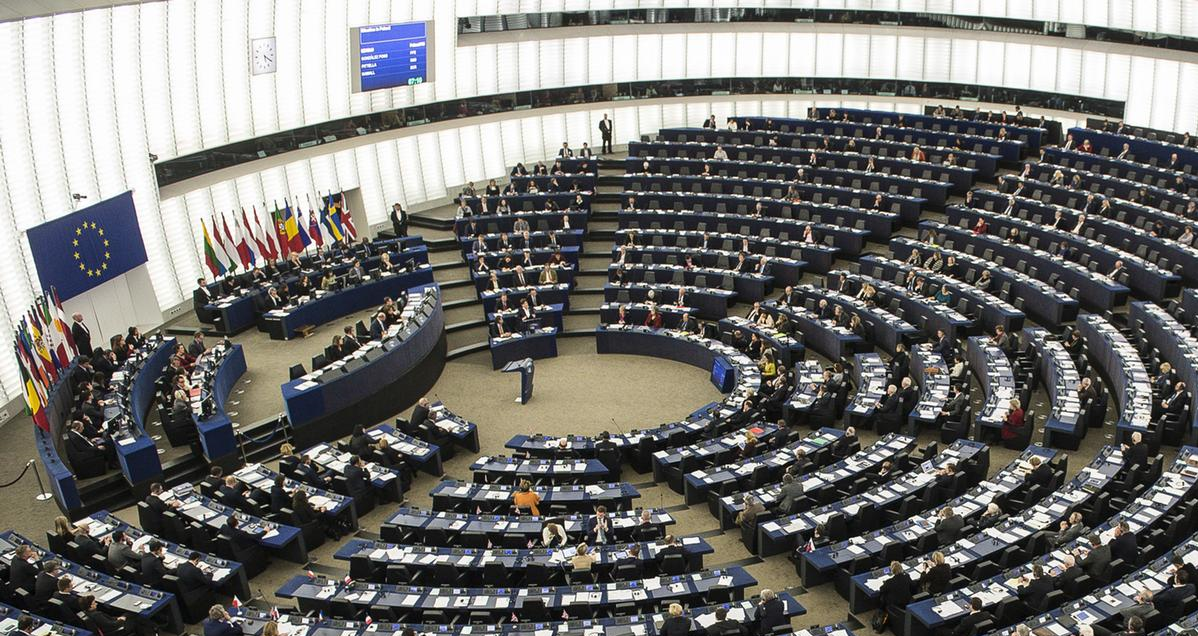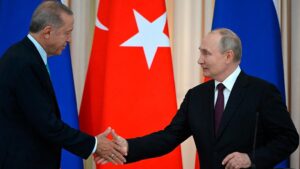Elections for the European Parliament 2024

Ultra-Right and Conservatives Strengthen Influence in the European Parliament Following Elections
Preliminary election results for the European Parliament show a significant increase in the influence of ultra-right and conservative parties across EU countries.
In Germany, Chancellor Olaf Scholz’s party took third place, falling behind the pro-Russian Alternative for Germany, which secured second place. The leading party is the opposition Christian Democratic Union/Christian Social Union (CDU/CSU).
In France, President Emmanuel Macron dissolved the parliament after the convincing victory of the far-right National Rally led by Marine Le Pen. Macron’s party garnered half as many votes, leading to demands from the far-right for the dissolution of the National Assembly. New elections are scheduled for late June and early July.
In Austria, the pro-Russian Freedom Party is taking the lead, indicating a rise in the popularity of conservative forces in the country.
In Slovakia, the opposition party Progressive Slovakia won first place in the elections, leaving Prime Minister Robert Fico’s party in second place.
In Greece, the ruling New Democracy party led by Prime Minister Kyriakos Mitsotakis retained its leadership, confirming its popularity among voters.
In Spain, the opposition People’s Party emerged victorious, strengthening the position of conservatives.
The pro-Ukrainian European People’s Party (EPP), which is the largest faction in the European Parliament, maintains its leadership. According to forecasts, it could secure 180 out of 720 seats in the new parliament.
These results indicate a significant shift in Europe’s political landscape towards right-wing and conservative forces, which could substantially impact the future political direction of the European Union.






